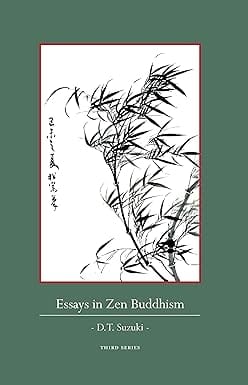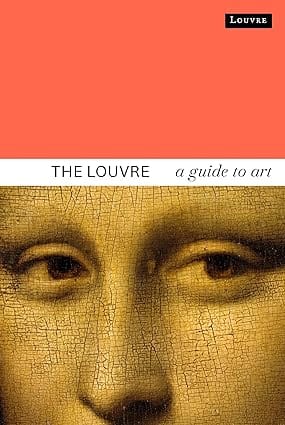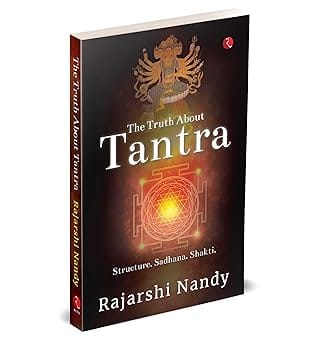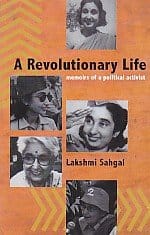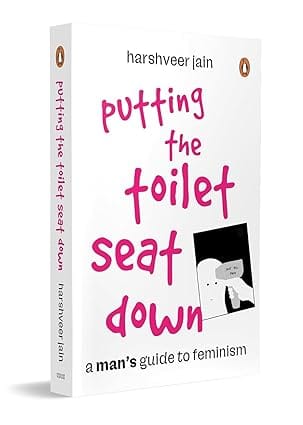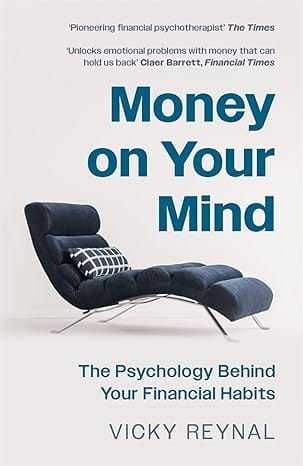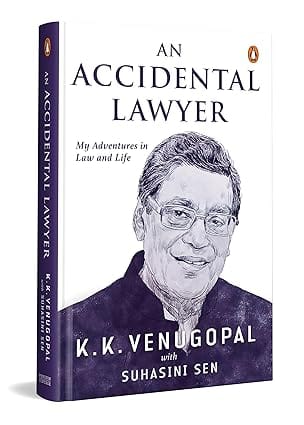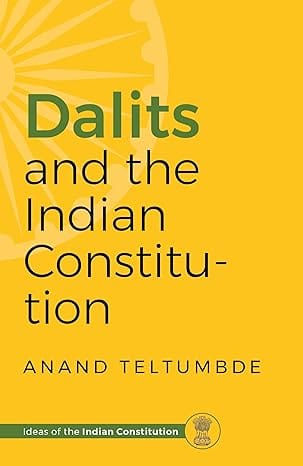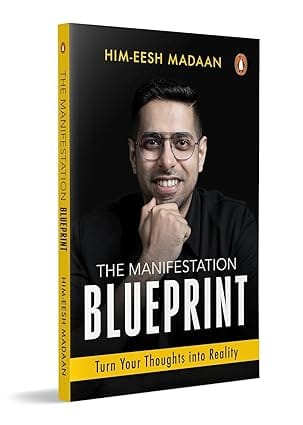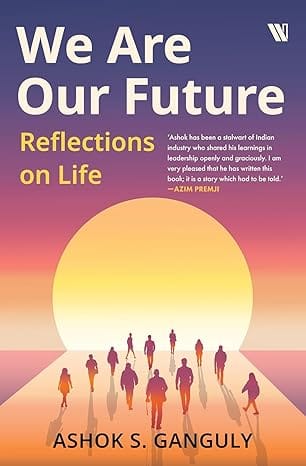WELCOME TO MIDLAND BOOK SHOP!
SHOP FOR
-
Non-ficton
- Non-ficton
-
Contemporary Fiction
- Contemporary Fiction
-
Children
- Children
-
Comics & Graphic Novels
- Comics & Graphic Novels
-
Non-Fiction
- Non-Fiction
-
Fiction
- Fiction
Shop No.20, Aurobindo Palace Market, Hauz Khas, Near Church +91 9818282497 | 011 26867121
110016
New Delhi
IN
Midland The Book Shop ™
Shop No.20, Aurobindo Palace Market, Hauz Khas, Near Church +91 9818282497 | 011 26867121
New Delhi,
IN
+919871604786
https://www.midlandbookshop.com/s/607fe93d7eafcac1f2c73ea4/69453da445ba84d539b38f9a/black-yellow-simple-bold-youtube-channel-logo-400-x-100-px-1--480x480.png"
[email protected]
9789387496644
67938fa7b20a3d002bc0b4e6
Essays In Zen Buddhism, Third Series
https://www.midlandbookshop.com/s/607fe93d7eafcac1f2c73ea4/67938fa8b20a3d002bc0b4ee/81l3t1liozl-_sy385_.jpg
9789387496644
Zen in its essence is the art of seeing into the nature of one’s own being, and it points the way from bondage to freedom. By making us drink right from the fountain of life, it liberates us from all the yokes under which we finite beings are usually suffering in this world. We can say that Zen liberates all the energies properly and naturally stored in each of us, which are in ordinary circumstances cramped and distorted so that they find no adequate channel for activity. *****************This volume being third in the series emphasises on the relationship which exists between Zen and the two chief Mahayana sutras, the Gandavyuha and the Prajñaparamita, and then the transformation through which Indian Buddhism had to go while adapting itself to Chinese psychology. The Gandavyuha and the Prajñaparamita had to be converted into Zen dialogues to be appreciated by the Chinese.
out of stock
INR
556
1
1
Email ID already exists!
Your Current password is incorrect
Password Updated Successfully
Thanks for your Feedback
- Home
- Non-Fiction
- Essays In Zen Buddhism, Third Series
Essays In Zen Buddhism, Third Series
ISBN:
9789387496644
₹556
₹695
(20% OFF)
SIZE GUIDE
Back In Stock Shortly - Fill The Book Request Form
Sold By:
Hauz Khas - Aurobindo Market
Details
- ISBN: 9789387496644
- Author: D T Suzuki
- Publisher: Dev Publishers
- Pages: 430
- Format: Paperback
Book Description
Zen in its essence is the art of seeing into the nature of one’s own being, and it points the way from bondage to freedom. By making us drink right from the fountain of life, it liberates us from all the yokes under which we finite beings are usually suffering in this world. We can say that Zen liberates all the energies properly and naturally stored in each of us, which are in ordinary circumstances cramped and distorted so that they find no adequate channel for activity. *****************This volume being third in the series emphasises on the relationship which exists between Zen and the two chief Mahayana sutras, the Gandavyuha and the Prajñaparamita, and then the transformation through which Indian Buddhism had to go while adapting itself to Chinese psychology. The Gandavyuha and the Prajñaparamita had to be converted into Zen dialogues to be appreciated by the Chinese.
Related Books
User reviews
NEWSLETTER
Subscribe to get Email Updates!
Thanks for subscribing.
Your response has been recorded.

India's Iconic & Independent Book Store offering a vast selection of books across a variety of genres Since 1978.
"We Believe In The Power of Books" Our mission is to make books accessible to everyone, and to cultivate a culture of reading and learning. We strive to provide a wide range of books, from classic literature, sci-fi and fantasy, to graphic novels, biographies and self-help books, so that everyone can find something to read.
Whether you’re looking for your next great read, a gift for someone special, or just browsing, Midland is here to make your book-buying experience easy and enjoyable.
We are shipping pan India and across the world.
For Bulk Order / Corporate Gifting
 +91 9818282497 |
+91 9818282497 |  [email protected]
[email protected]
Click To Know More
INFORMATION
POLICIES
ACCOUNT
QUICK LINKS
ADDRESS
Midland Book Shop - Hauz Khas
Shop No.20, Aurobindo Palace Market, Near Church, New Delhi
Shop No.20, Aurobindo Palace Market, Near Church, New Delhi

